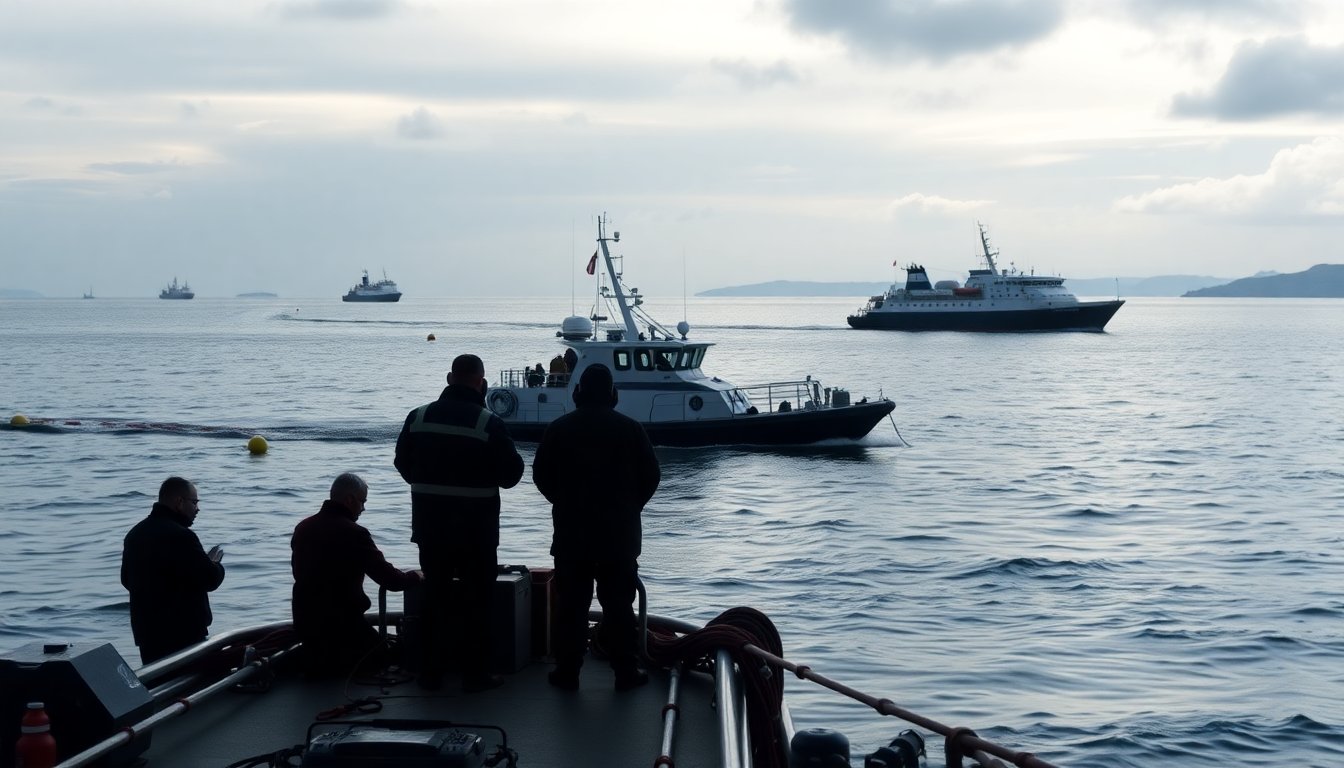Table of Contents
The investigation into the sabotage of the Nord Stream pipelines has unfolded over three years, revealing significant divisions among European nations. Initially perceived as an attack orchestrated by Russia, the inquiry has shifted focus toward individuals linked to Ukraine, raising questions about the political ramifications for Europe and its commitment to accountability.
Recent developments have highlighted Poland’s role in obstructing the investigation, complicating the already intricate dynamics of European geopolitics. As this situation evolves, the implications for broader regional stability remain critical.
Poland’s controversial stance on the investigation
A Polish court recently decided against extraditing a Ukrainian suspect linked to the Nord Stream sabotage, citing the act as a legitimate military operation. This ruling has sparked outrage, particularly considering that the pipelines were situated in the economic zones of Sweden and Denmark, co-owned by European entities. Poland’s Prime Minister Donald Tusk has publicly supported this decision, asserting its justification and signaling a shift in the narrative surrounding the attack.
Historical context of Poland’s opposition
Poland has long opposed the Nord Stream project, viewing it as a strategic threat to its interests and European unity. This opposition is rooted in diplomatic cables from the WikiLeaks disclosures, where Polish officials expressed concerns about the project undermining regional solidarity. The fear was that increased Russian influence through energy dependency would marginalize both Poland and Ukraine.
The sentiments expressed by Polish leaders resonate deeply within the context of European history, likening the pipeline to a modern-day Molotov-Ribbentrop Pact, which historically represented a secret agreement between Germany and the Soviet Union that devastated Poland. Such comparisons underscore the weight of Poland’s fears regarding energy policy and political leverage.
Shifting narratives and political ramifications
As the investigation progressed, the initial focus on Russia as the prime suspect has shifted, leading to a perplexing response from Western officials, including those from Germany. While the destruction of the pipeline was initially condemned as an act of aggression, the lack of a cohesive response may indicate a deeper political calculus at work. Some officials now seem more interested in downplaying the incident, as it implicates allies in the region.
Germany’s pursuit of justice
German authorities have been keen to uncover the truth behind the sabotage, especially given its significant impact on their energy landscape. The cessation of Russian gas imports following the attack has plunged Germany into an energy crisis, necessitating a thorough investigation into the circumstances surrounding the incident. However, as German investigators traced evidence toward Poland and Ukraine, they encountered resistance and allegations of political interference.
Such claims have intensified scrutiny on Polish actions, with accusations suggesting that Polish authorities may be obstructing justice to protect their interests. This behavior raises critical questions about the integrity of the investigation and the potential for further political fallout within NATO, as alliances are tested under the strain of conflicting narratives.
The fragile unity of Europe
The Nord Stream investigation serves as a microcosm of the broader tensions within Europe, highlighting the fragility of alliances in the face of geopolitical crises. As nations grapple with their respective interests, the potential for lasting divisions looms large. With the recent court ruling in Poland, it is evident that the search for accountability may be complicated by national loyalties and political posturing.
The outcome of this investigation could have profound implications not only for the involved nations but also for the future of European unity. As the narrative continues to evolve, the need for a coordinated response becomes ever more critical, challenging the integrity of longstanding partnerships across the continent.


